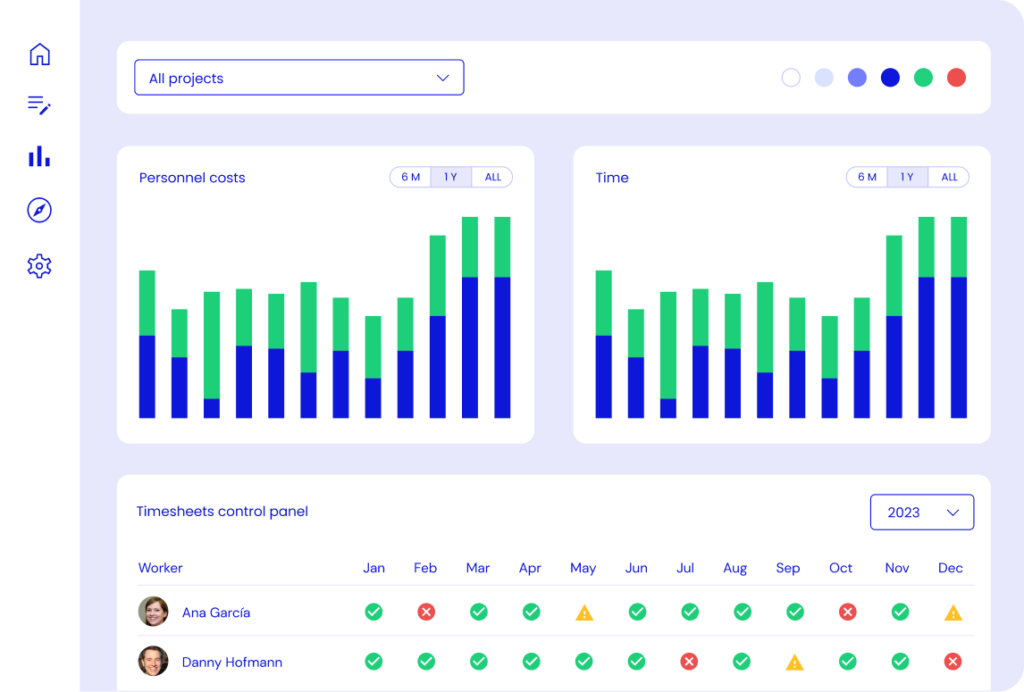Navigating the complexities of EU grant agreements can be a daunting task, especially when it comes to understanding what costs are eligible for reimbursement and which are not.
This article provides an in-depth overview of eligible and ineligible costs as outlined in Article 6 of the EU Grants Annotated Grant Agreement, a critical piece of information for professionals involved in the financial management of EU-funded projects.
Eligible Costs
Eligible costs in EU Grant Agreements are governed by a set of detailed conditions outlined in Article 6 of the EU Grants Annotated Grant Agreement. These conditions are critical for beneficiaries to understand in order to ensure their project expenses align with EU funding requirements. Let’s delve deeper into these conditions:
General Eligibility Conditions:
Actual Costs
These are costs that have been genuinely incurred by the beneficiary. They must be incurred within the specified period in Article 4, although there are exceptions, notably costs related to the submission of the final periodic report, which may be incurred afterwards as stated in Article 21.
Budgeting of Eligible Costs
It is imperative for beneficiaries to include only eligible costs in their estimated budget and financial statements. If ineligible costs are declared, they will be rejected. The grant can reimburse eligible costs and contributions that comply with both general and specific conditions laid out in the Agreement. This includes different forms of funding such as actual costs, unit costs, flat-rate costs, lump-sum costs, and financing not linked to costs.
Specific Eligibility Conditions for Each Budget Category
Article 6.2 of the Agreement delineates specific eligibility conditions applicable to each budget category. These categories generally include:
- Personnel Costs: For all programs, although some programs may not use this category or might have special/additional categories.
- Subcontracting Costs: These are costs associated with subcontracting parts of the project work.
- Purchases: Including the acquisition of equipment, materials, and other items necessary for the project.
- Other Costs: This is a broad category that can include various indirect costs or specific costs not covered in the other categories.
Each of these categories follows the basic set of common budget categories from the General Model Grant Agreement (MGA).
It’s essential for beneficiaries to be aware that not all programs use all cost categories and some programs may have special or additional budget categories
Ineligible Costs
Understanding what is not covered is equally crucial. Article 6.3 of the EU Grants Annotated Grant Agreement lists several types of costs and contributions that are deemed ineligible. These include:
- Costs related to return on capital and dividends paid by a beneficiary.
- Debt and debt service charges.
- Provisions for future losses or debts.
- Interest owed.
- Currency exchange losses.
- Bank costs charged by the beneficiary’s bank for transfers from the granting authority.
- Excessive or reckless expenditure.
In summary, navigating the eligible and ineligible costs in EU Grant Agreements requires careful attention to the detailed guidelines provided in Article 6 of the EU Grants Annotated Grant Agreement. By adhering to these conditions, beneficiaries can ensure compliance and avoid the risk of having costs rejected or facing financial repercussions.
This guide is essential reading for professionals managing the financial aspects of EU-funded projects, ensuring a thorough understanding of the complexities of EU grant funding.
For professionals managing EU-funded projects, staying informed and compliant with the financial regulations of EU grants is paramount. If you find yourself needing further clarification or assistance in navigating the complexities of eligible and ineligible costs in EU grant agreements, we’re here to help.
Don’t let the intricacies of grant management slow you down – ensure your project’s success and financial integrity with Kronis.app, your partner in efficient and compliant fund management. Contact us today, request a demo and take the first step towards seamless grant administration.


